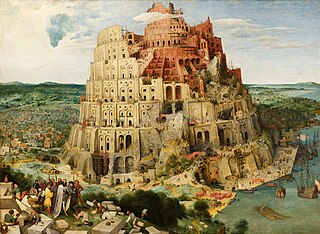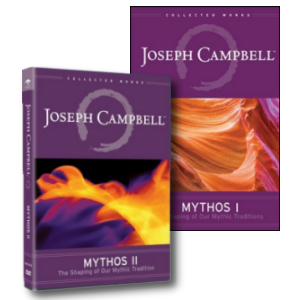 W
WThe aegis, as stated in the Iliad, is a device carried by Athena and Zeus, variously interpreted as an animal skin or a shield and sometimes featuring the head of a Gorgon. There may be a connection with a deity named Aex or Aix, a daughter of Helios and a nurse of Zeus or alternatively a mistress of Zeus. The aegis of Athena is referred to in several places in The Iliad. "It produced a sound as from a myriad roaring dragons and was borne by Athena in battle ... and among them went bright-eyed Athene, holding the precious aegis which is ageless and immortal: a hundred tassels of pure gold hang fluttering from it, tight-woven each of them, and each the worth of a hundred oxen."
 W
WArchitectural mythology means the symbolism of real-world architecture, as well as architecture described in mythological stories. In addition to language, a myth could be represented by a painting, a sculpture or a building. It is about the overall story of an architectural work, often revealed through art.
 W
WDivine language, the language of the gods, or, in monotheism, the language of God is the concept of a mystical or divine proto-language, which predates and supersedes human speech.
 W
WThe Genesis creation narrative is the creation myth of both Judaism and Christianity. The narrative is made up of two stories, roughly equivalent to the first two chapters of the Book of Genesis. In the first, Elohim creates the heavens and the Earth in six days, then rests on, blesses and sanctifies the seventh. In the second story, God, now referred to by the personal name Yahweh, creates Adam, the first man, from dust and places him in the Garden of Eden, where he is given dominion over the animals. Eve, the first woman, is created from Adam and as his companion.
 W
WThe term Golden Age comes from Greek mythology, particularly the Works and Days of Hesiod, and is part of the description of temporal decline of the state of peoples through five Ages, Gold being the first and the one during which the Golden Race of humanity lived. After the end of the first age was the Silver, then the Bronze, after this the Heroic age, with the fifth and current age being Iron.
 W
WHomer was the presumed author of the Iliad and the Odyssey, two epic poems that are the foundational works of ancient Greek literature. The Iliad is set during the Trojan War, the ten-year siege of the city of Troy by a coalition of Greek kingdoms. It focuses on a quarrel between King Agamemnon and the warrior Achilles lasting a few weeks during the last year of the war. The Odyssey focuses on the ten-year journey home of Odysseus, king of Ithaca, after the fall of Troy. Many accounts of Homer's life circulated in classical antiquity, the most widespread being that he was a blind bard from Ionia, a region of central coastal Anatolia in present-day Turkey. Modern scholars consider these accounts legendary.
 W
WMythopoeia is a narrative genre in modern literature and film where a fictional or artificial mythology is created by the writer of prose or other fiction. This meaning of the word mythopoeia follows its use by J. R. R. Tolkien in the 1930s. The authors in this genre integrate traditional mythological themes and archetypes into fiction.
 W
WMythos is a three-part documentary that consists of a series of lectures given by Joseph Campbell. Campbell conceived of the original lectures, filmed over the last six years of his life, as a summation of what he had learned about the human mythic impulse, in terms of psychology, ethnology and comparative mythology—what he called "the one great story of mankind."
 W
WA national myth is an inspiring narrative or anecdote about a nation's past. Such myths often serve as an important national symbol and affirm a set of national values. A national myth may sometimes take the form of a national epic or be incorporated into a civil religion. A group of related myths about a nation may be referred to as the national mythos, from μῦθος, the original Greek word for "myth".
 W
WMyth and ritual are two central components of religious practice. Although myth and ritual are commonly united as parts of religion, the exact relationship between them has been a matter of controversy among scholars. One of the approaches to this problem is "the myth and ritual, or myth-ritualist, theory," held notably by the so-called Cambridge Ritualists, which holds that "myth does not stand by itself but is tied to ritual." This theory is still disputed; many scholars now believe that myth and ritual share common paradigms, but not that one developed from the other.